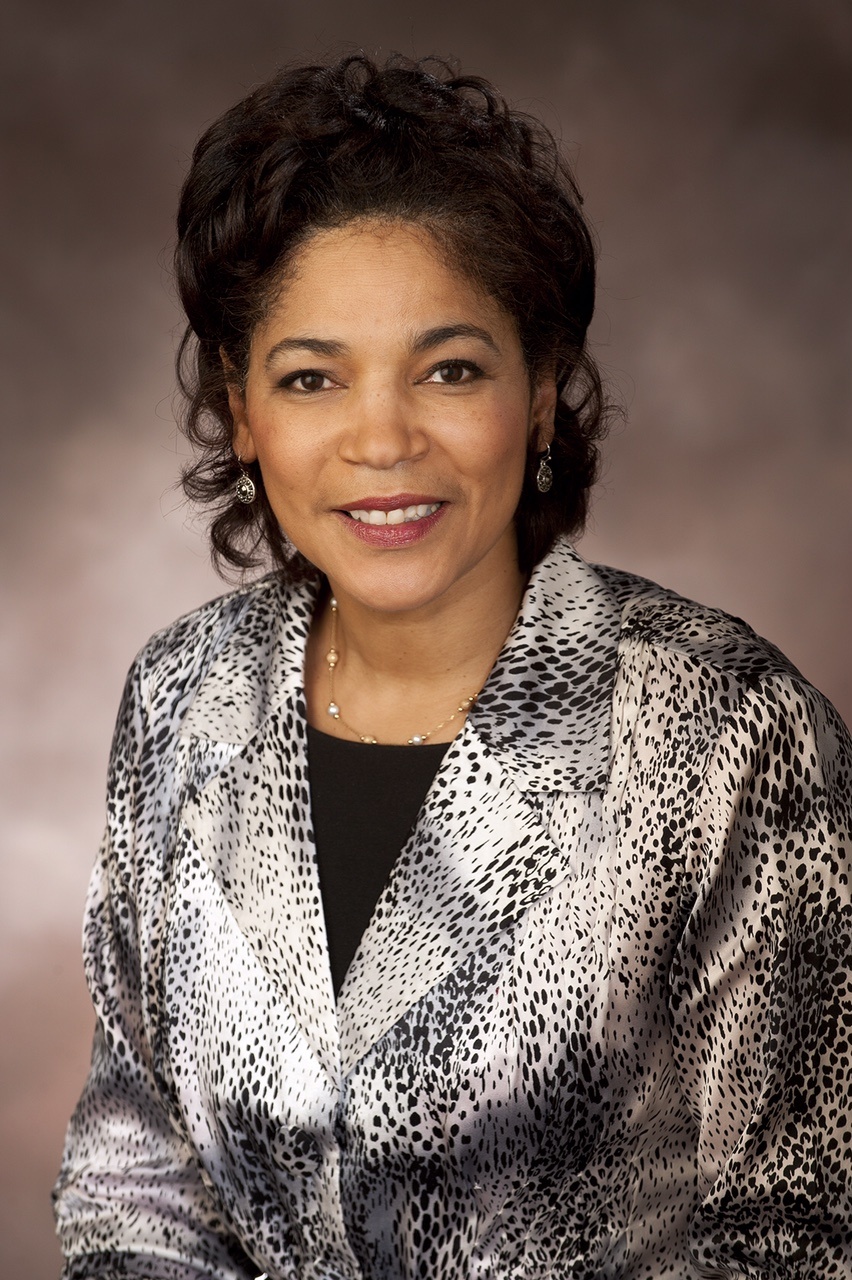HARRISBURG- It’s taken two years, but a nonprofit designed to guide Harrisburg’s infrastructure and economic development finally has been established and hired an executive director.
The nonprofit, called Impact Harrisburg, controls about $13 million set aside from the sale of the city’s incinerator and parking assets in late 2013 as part of the city’s financial recovery.
The money is supposed to go for infrastructure and economic development projects to boost the city’s long-term sustainability. But the money has been tied up for more than 24 months, first as a large task force weighed the best structure to oversee the money, then later as a nine-member board methodically completed groundwork to establish a nonprofit as outlined by state receivers.
But with the hiring of Sheila Dow-Ford last month as executive director, the nonprofit is closer than ever to being able to accept grant applications for projects that could benefit the city.
Dow-Ford, a Harrisburg attorney and community advocate, will be paid $100,000 annually as an independent contractor. She brings a “wealth of managerial experience,” according to Fred Reddig, the city’s Act 47 coordinator, who appointed the members of the Impact Harrisburg board.
Dow-Ford is chief executive officer of Dow/Ford Strategies and previously served as chief counsel for the Pennsylvania Higher Education Assistance Agency (PHEAA.)
Although Dow-Ford’s salary is about three times the average salary in the impoverished city, Neil Grover, chairman of the Impact Harrisburg board said the pay was warranted. He said job will be difficult, financially complex and carry high stakes in helping to determine the economic realities of proposed projects.
Her first order of business will be to create the application process and guidelines, she said. She did not provide a timeline. She will work out of donated office space from Pinnacle Health at the Polyclinic campus.
Once applications are received, board members will review them, interview applicants and decide how to distribute the money in ways that will jumpstart economic opportunities and fix long-ignored infrastructure problems.
Money for infrastructure can only be accessed by the city or Capital Region Water. But money for economic development carries no restrictions, Grover said, meaning nonprofits, private developers and others could seek grants.
The cash for infrastructure could go rather quickly, Grover said, possibly even within a year of when the application process begins. But the money for economic development is likely to be doled out over time, he said. The state’s design for the nonprofit indicated it would stay in place for five years.
Members of the Impact Harrisburg board, all volunteers, have been meeting twice monthly for the past year to complete groundwork outlined by state receivers, including hiring an investment firm to handle the $13 million. They selected Willmington Trust.
“You can’t just put $13 million in a checking account,” Grover said. “That’s not responsible.”
The money must be audited annually as well, meaning the nonprofit must hire an accounting firm.
The nonprofit’s meetings are not open to the public, but minutes from each meeting are posted on the state’s Department of Community and Economic Development website.
The groundwork to set up the nonprofit took longer than anyone thought, Grover said, but was necessary to ensure the millions of dollars that eventually will be distributed, will be distributed effectively. The city has one chance to spend the money, he said.
Still, the delay has prevented the city from accessing much-needed money to address infrastructure problems in the past two years, said Mayor Eric Papenfuse. The city last year went forward with a plan to replace all streetlights with new energy-efficient LED technology, but the city had to take out a $3.2 million bank loan to front the project.
When the nonprofit is up and running, city officials said they plan to ask Impact Harrisburg for $3.2 million to repay the loan from M&T Bank.
Besides Grover, board members for Impact Harrisburg are:
- Doug Hill
- Brittany Brock
- Brian Hudson
- Dale Laninga
- Gloria Martin-Roberts
- Jackie Parker
- Karl Singleton
Les Ford was formerly secretary of the board, but he resigned his position in December because of the conflict of interest when his wife was hired as executive director.
The board members were selected by the city’s Act 47 coordinator, Fred Reddig, from recommendations by the mayor, city council and Dauphin County commissioners.


0 Comments